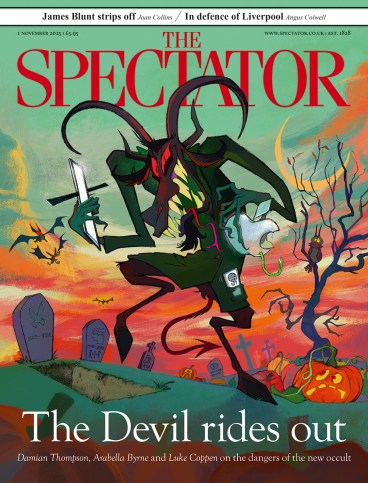
Ravel’s L’heure espagnole is set in a clockmaker’s shop and the first thing you hear is ticking and chiming. It’s not just a sound effect; with Ravel, it never is. He was an inventor’s son, half-Swiss, half-Basque, and timepieces, toys and Dresden figurines were in his soul. For Ravel, they seem to have possessed souls in their own right. ‘Does it not occur to people that one may be artificial by nature?’ he remarked, and few artists have shown such tenderness towards these small, lovingly made things that strive so tirelessly, and so hopelessly, to be alive.
So that was something to think about, as Alexandra Cravero conducted the opening bars of this new production from Scottish Opera. Joy of joys, they were using Ravel’s glorious (and lavish) full orchestra; no reason why they wouldn’t, of course, but this double bill was originally created for the Lammermuir Festival in September, where it was performed in a church. They could certainly have been forgiven for scaling it down. But no: no half measures, and you didn’t really notice that Jacopo Spirei’s production had been designed for portability, either – backdrops and a few basic items, bright with neon and psychedelic pastels.
It looked like a children’s book, not that there’s anything childish about L’heure espagnole, a farce of marital infidelity played out against those ticking clocks by five characters who cheerfully admit that they’re not real. Somehow the precision only makes it sexier, as Ravel’s orchestra breaks character to sigh and flush with luscious full-body surges of iridescent tone. Spirei’s direction hit the story beats clearly and amusingly, and the cast found as much pathos (just a dab) and playfulness (cartloads) as Ravel demands.
Lea Shaw, as the hot-to-trot Concepcion, was the centre of the whole crazy spiral, pouring her voice over Ravel’s orchestra like Nigella drizzling salted caramel. Edward Jowle (Don Inigo) and Luvo Maranti (Gonzalve) both sounded admirably Gallic as they clambered in and out of their clock cases; Jamie MacDougall made a loveable cuckold as Torquemada and Daniel Barrett, as the muleteer Ramiro, was the kind of underdog everyone wants to root for.
With the exception of Shaw, they all returned after the interval for Walton’s 1967 Chekhov opera The Bear. Barrett played the lovestruck Grigory, oaky and outsize. Jowle became the butler Luka, and they both pinged cheerfully off the young widow Yelena, sung by Chloe Harris – who threw herself at the role (basically Olivia from Twelfth Night, plus vodka) with headstrong physicality and a lovely, shaded mezzo. A very likeable cast, then, as well as the rare treat of a proper string section in this chamber-sized score. That makes all the difference towards the end, when Walton drops the sardonic mask (it’s basically Façade redux) to venture an actual love theme. In 1967, too. Imagine! The Bear is a cracking little opera, and we ought to see it more often.
The cast found as much pathos (just a dab) and playfulness (cartloads) as Ravel demands
Further south, English National Opera arrived in Salford with Britten’s Albert Herring, directed by Antony McDonald. A quick recap: in 2023 ENO was ordered by Arts Council England to start working outside of London, on pain of extermination – still, one suspects, ACE’s preferred outcome. Why Greater Manchester, which is already served by Opera North, when Liverpool (as a result of the same ideologically motivated cuts) now has no regular opera at all? Beats me, but make no mistake: ACE has absolutely no serious interest in making this work, or they wouldn’t have slashed ENO’s grant. They’d have tripled it.
None of this reflects adversely upon ENO, which has set about the project in good faith and deserves the benefit of every possible doubt. Its Albert Herring didn’t need it. True, bare plywood sets and classroom furniture might look cheap but that’s currently the hip aesthetic, for some reason, and you’re just as likely to see it at Covent Garden. It didn’t detract from a sparky ensemble performance. You cringed with Albert (Caspar Singh) as he was paraded on May Day in ruff and puffling-pants, and quailed before Emma Bell’s unstoppable Lady Billows: Hyacinth Bucket in an ATS uniform.
Anna Elizabeth Cooper and Dan D’Souza were an edgy, self-assured Nancy and Sid (he had an air of the young Morrissey), and there were lots of the sudden, stand-out character details that you’d expect from artists as fine as Aoife Miskelly (Miss Wordsworth), Carolyn Dobbin (Florence Pike) and Mark Le Brocq (a very slightly insane Mr Upfold). Daniel Cohen conducted and the orchestra sounded on-point, if a little under-scale for a theatre as cavernous as the Lowry. Still, the same would apply at the London Coliseum. The audience was large and enthusiastic: good news, as long as it has no negative effect upon Opera North’s run at the Lowry next month. Presumably someone at the Arts Council has thought that through. You’d hope, wouldn’t you?

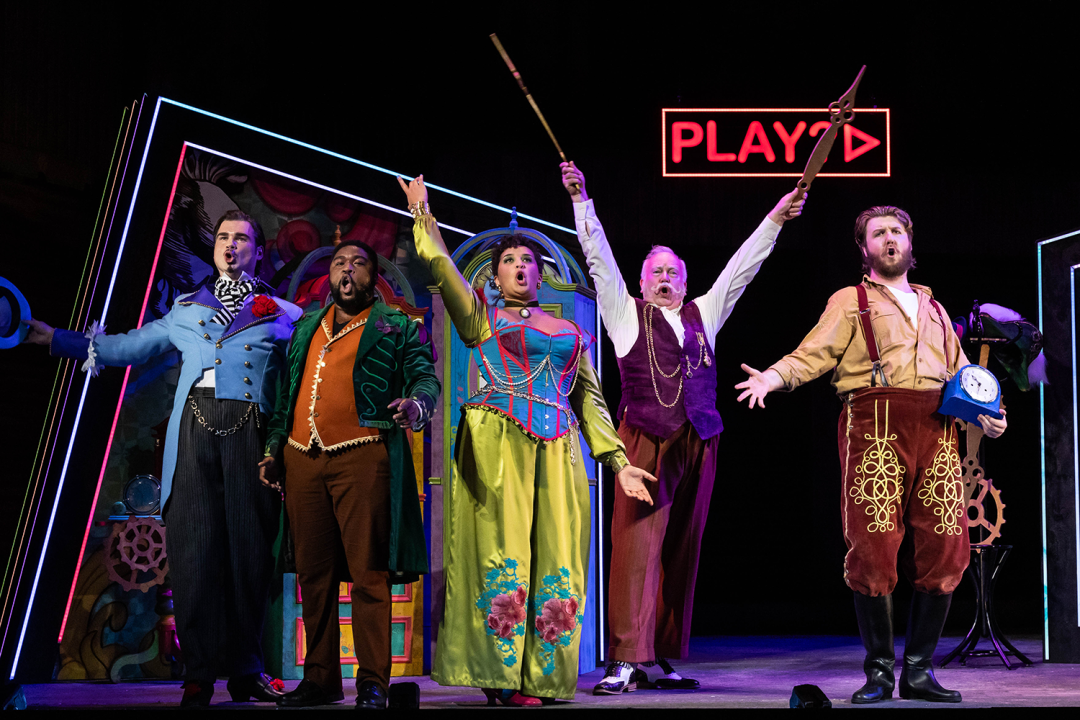
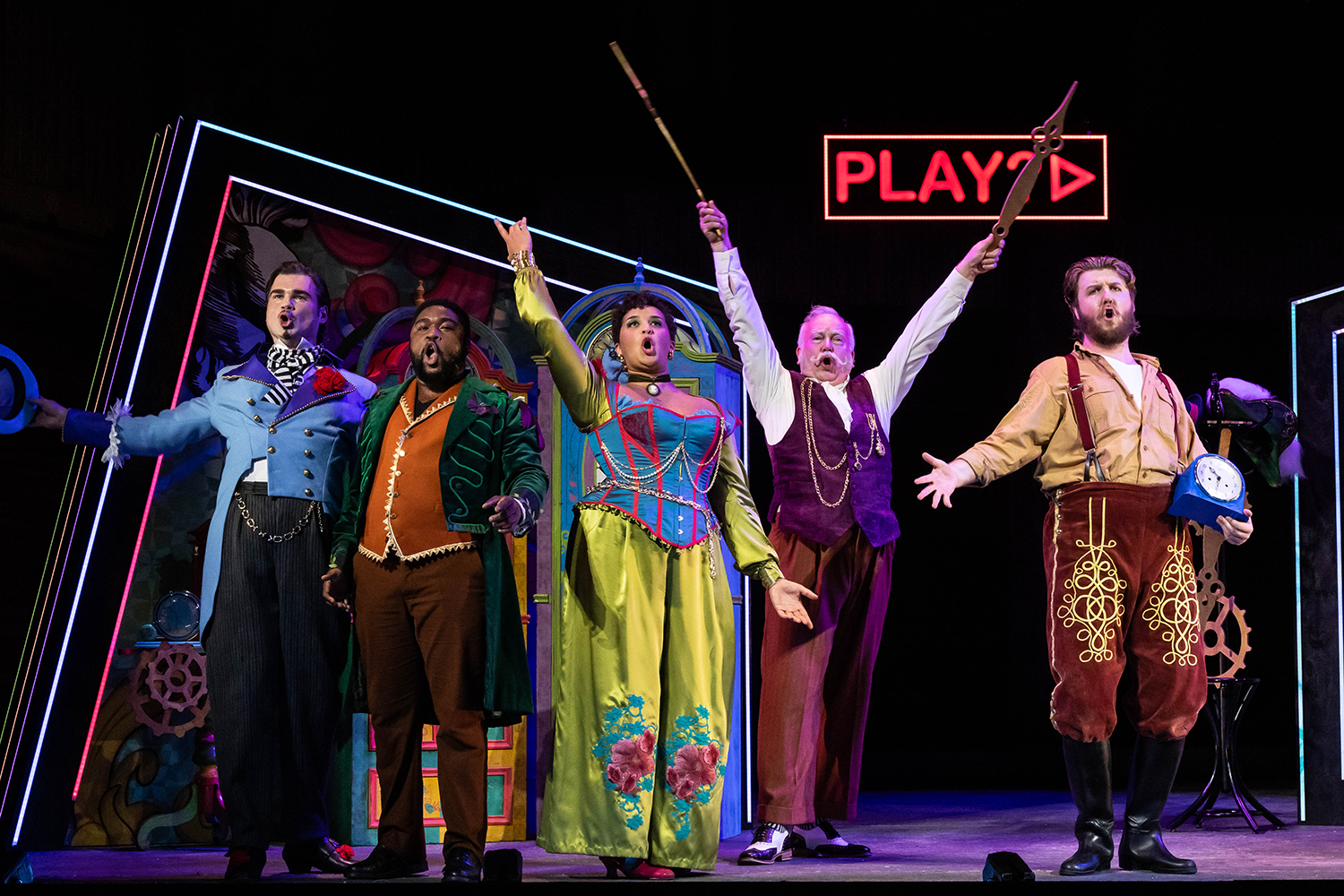
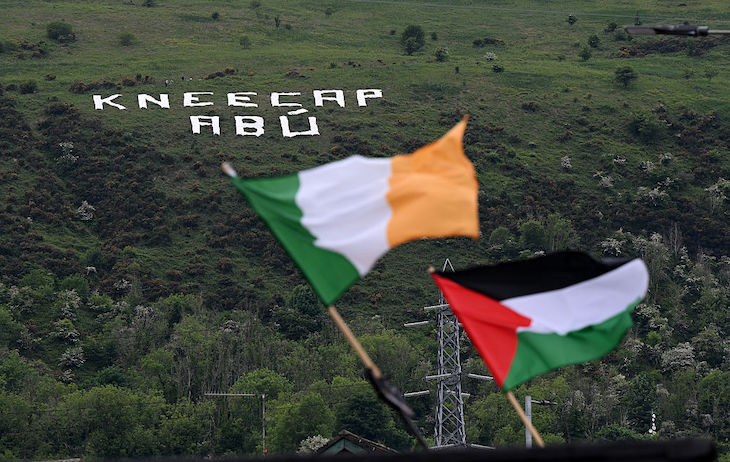
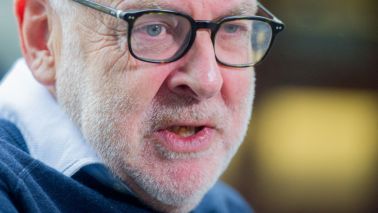


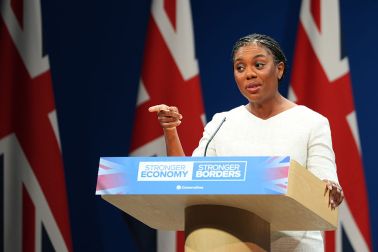
Comments